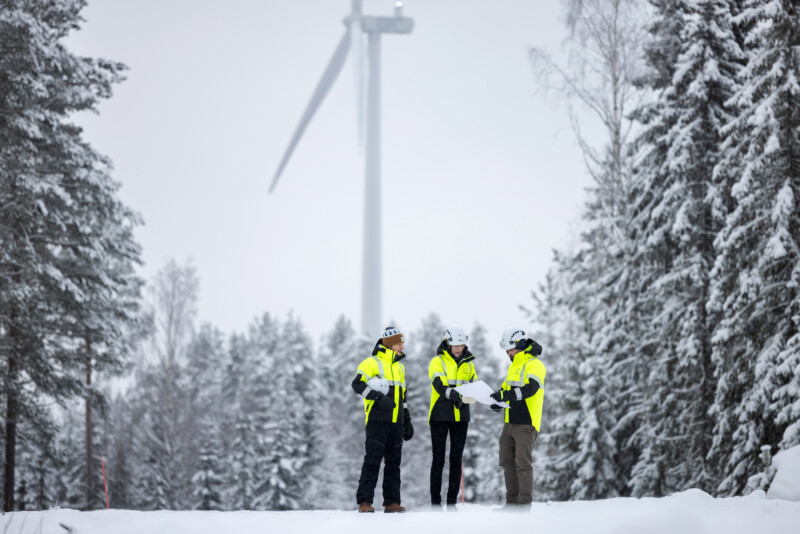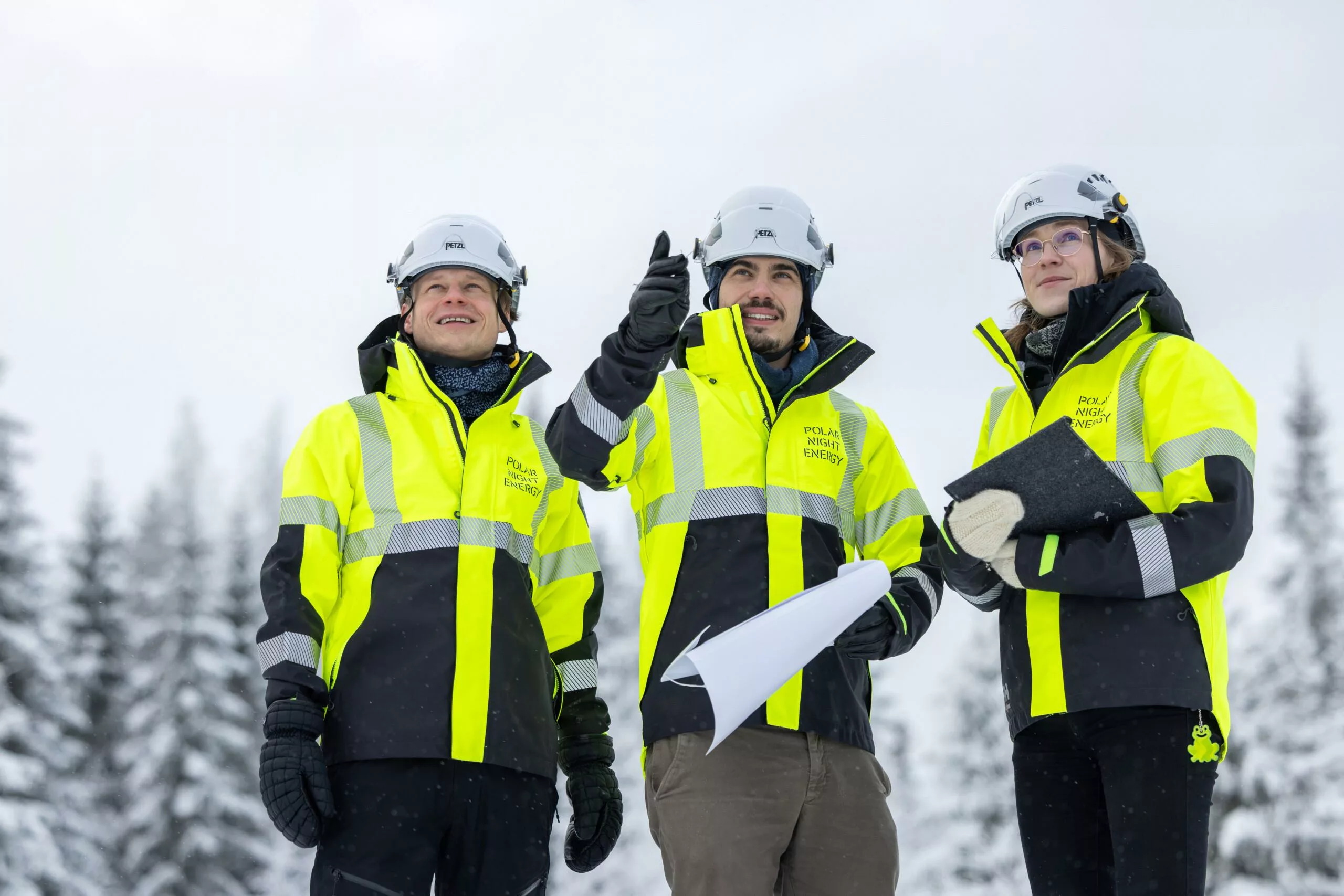
Can Sand Battery Produce Electricity?
Polar Night Energy is developing a new Sand Battery with Power to Heat to Power (P2H2P) capabilities, allowing stored heat to be converted back into electricity.
This €4.2 million, two and a half-year R&D project, backed by Business Finland, has the potential to redefine energy storage and play a critical role in cutting global CO2 emissions. A €2.1 million grant from Business Finland will support the design, testing, and validation of this advanced technology.
The project builds on the company’s existing Sand Battery technology, which efficiently converts electricity into heat for storage and later use in industrial processes and district heating systems.
With the addition of P2H2P functionality, the stored heat can also be converted back into electricity, opening new opportunities for balancing energy grids and scaling up renewable energy sources.
“Developing heat-to-power capabilities is a big opportunity for us and the global energy market. This innovation will not only reduce emissions on a large scale but also make renewable energy more reliable and cost-effective”, explains Markku Ylönen, CTO of Polar Night Energy.
Pilot Plant Construction Planned for 2025
A small-scale pilot plant will be constructed to test the heat-to-power process and its efficiency.
The development will focus on modifying the storage design and component choices to provide a suitable heat flow for electricity production. Raising the operating temperatures of the energy storage is a critical factor for improving efficiency and enabling effective heat-to-power conversion.
Achieving these higher temperatures requires research and development to optimize the system’s materials and design.
“Results and experiences from the pilot plant operations will be utilized in designing a commercial heat-to-power plant”, says Markku Ylönen.
The pilot will be built without a turbine, as key performance metrics can be accurately simulated and modeled. Turbine technology is well-established and widely understood, meaning its inclusion would not add significant value to the testing process at this stage.
Additionally, excluding the turbine reduces the overall cost and complexity of the pilot, allowing Polar Night Energy to focus on optimizing energy storage related components.
Extensive market analysis is required to properly dimension the energy storage and the turbine, for maximized utility and economic viability.
To minimize energy waste, the pilot’s heat output will be directed for example, into a district heating network or for industrial use. Polar Night Energy is looking for suitable location for the pilot near Tampere, Finland.
The Efficiency of a P2H2P System
The energy efficiency of a P2H2P system depends on several factors, including the size of the facility, the achievable temperatures, and the equipment used—particularly the turbine.
The electricity generation efficiency is expected to be around 30–50%, comparable to traditional combustion-based power plants. If the remaining heat can be utilized in a combined heat and power process, the overall efficiency can exceed 90%.
“We envision a future where energy storage systems are standard at industrial and energy sector sites worldwide, meeting the immense demand for reliable storage solutions”, says Markku Ylönen.
Earlier, Polar Night Energy announced a partnership with Ilmatar, one of the leading independent power producers in the Nordics. The collaboration includes commercial piloting opportunities at Ilmatar’s wind farms once the P2H2P technology reaches an advanced stage.
Sand Battery’s Benefits Compared to Lithium-ion Batteries
- Offers significantly larger storage capacity at much lower costs, enabling the storage and conversion of surplus wind or solar power into electricity on a gigawatt-hour scale.
- Extended Storage Duration: Can store energy for days or even weeks, compared to the 1–4 hours typical of lithium-ion batteries.
- Environmentally Friendly: Contains no toxic or harmful materials, making it a greener alternative.
- Longer Design Life: Lasts up to 30 years, significantly outlasting lithium-ion batteries.
- No Degradation: Maintains performance over time without the efficiency loss common in lithium-ion systems.
About
Polar Night Energy is a Finnish startup that designs and manufactures high temperature thermal energy storages for wind and solar energy. The Sand Battery developed by the company enables a significant increase in wind and solar energy production while reducing the use of fossil fuels. The company was founded in 2018.
Business Finland is a Finnish public organization that provides innovation funding and internationalization services. It also promotes tourism and investment and attracts talent to Finland. The organization employs approximately 760 advisers at 37 locations world-wide and 16 locations in Finland. Business Finland is part of the Team Finland network.
You can download press images from our Media page.
Löydät tiedotteen suomenkielisen version Dropbox-kansiostamme.
Media contact
For interview requests, press photos, and video inquiries, please reach out to our Communications Manager Miika Peltola.
Miika Peltola
- Communications Manager
- miika.peltola@pne.fi
Get Started
Are you ready to switch to clean, affordable energy and fight climate change? Start your journey with us.

